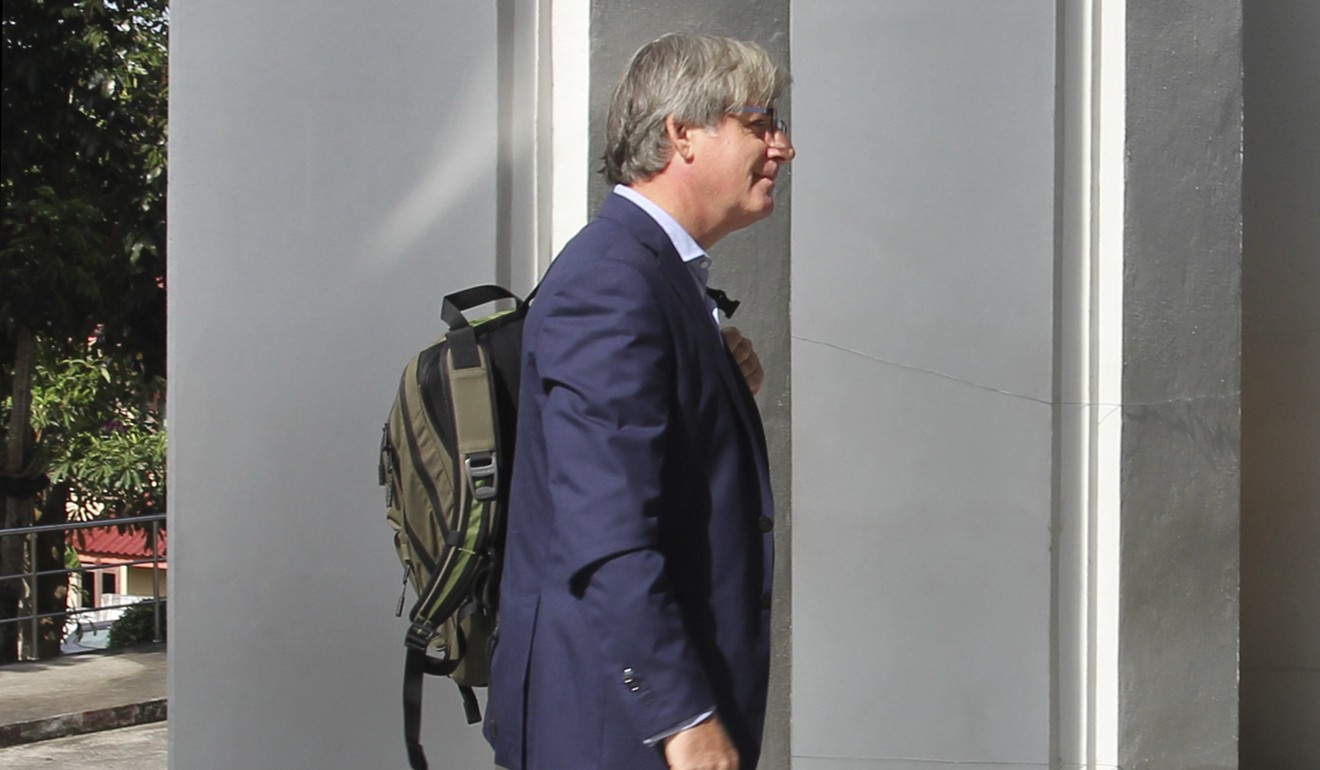
Thai lawyer drops criminal defamation suit against BBC reporter who featured him in story about foreigners being scammed
Criminal defamation trial instigated by Thai lawyer who featured in an investigation about foreigners being scammed of their retirement homes
A Thai lawyer has withdrawn a criminal defamation case against a British BBC journalist involving a report on foreigners being defrauded of property, the BBC said.
The case against Jonathan Head, BBC’s Southeast Asia correspondent, had begun Wednesday and has been criticised as an example of how Thailand’s harsh criminal defamation laws can be used to intimidate journalists.
“The plaintiff has withdrawn his case against BBC journalist Jonathan Head, but as the trial of his co-defendant is continuing, we cannot comment further at present,” the BBC said in a statement later.
Head had reported about a British expatriate whose Thai wife allegedly defrauded him of properties on the southern resort island of Phuket by forging his signature on multiple occasions.

If found guilty, Head could have faced up to two years in prison for online criminal defamation and five years under a law regulating online content. Rance is charged with criminal defamation, which carries a one-year maximum sentence.
Pratuan’s complaint said the BBC report caused the public to perceive him as a “deceitful lawyer” and “an unethical lawyer”.
In February, the American-based Committee to Protect Journalists called for an end to the use in Thailand of criminal defamation charges against journalists.
“The use of criminal defamation complaints in Thailand has a chilling effect on journalists who fear being bogged down in time-consuming and expensive litigation,” Shawn Crispin, CPJ’s senior Southeast Asia representative, said in a statement.
Earlier this month, a prominent Thai journalist was charged with sedition and violation of the country’s computer law for online postings concerning politics.

